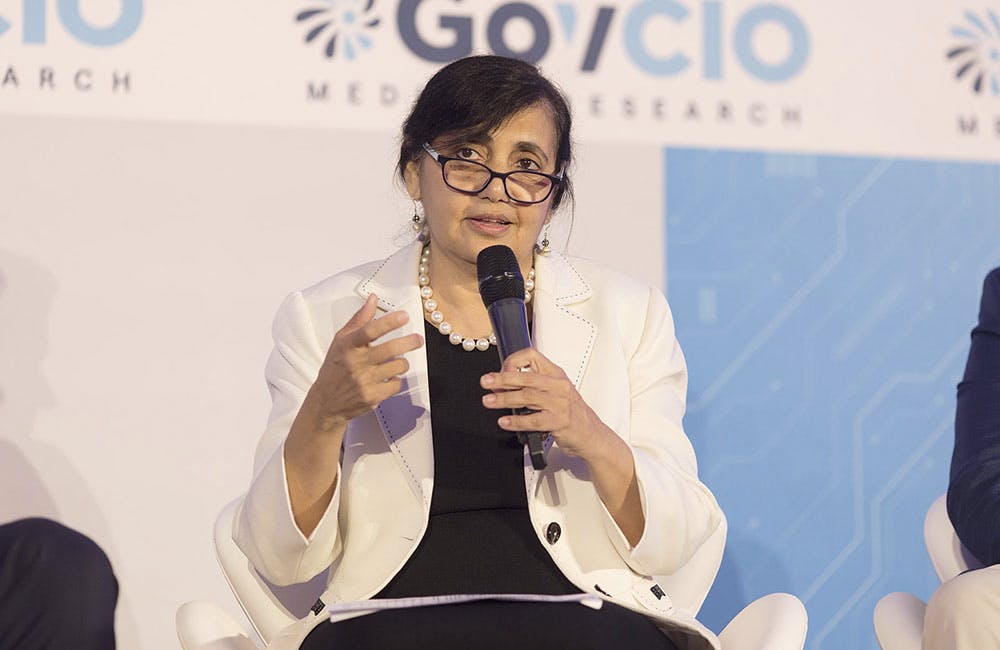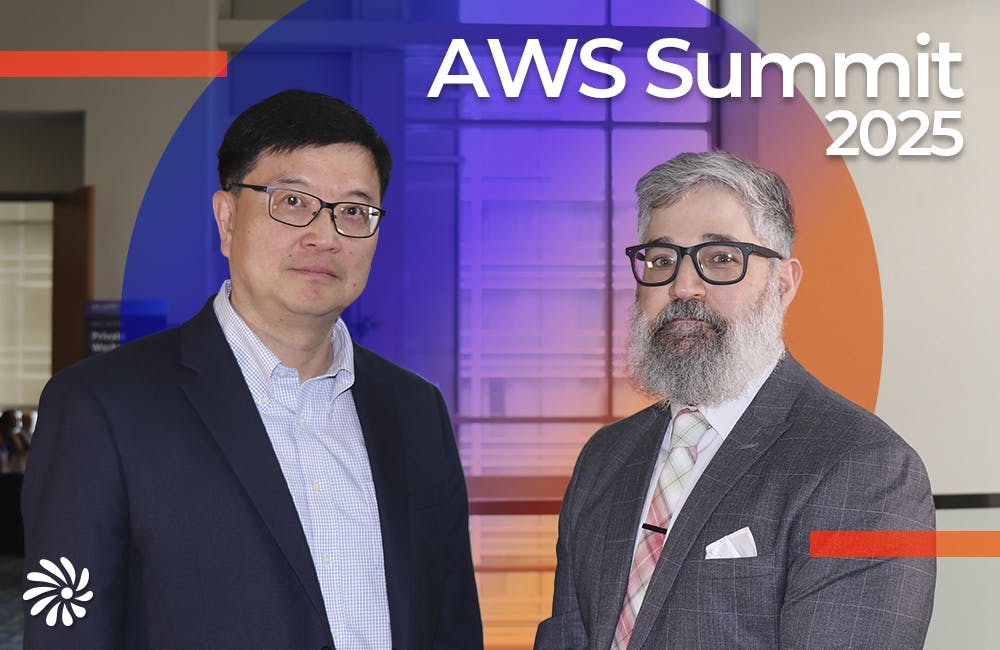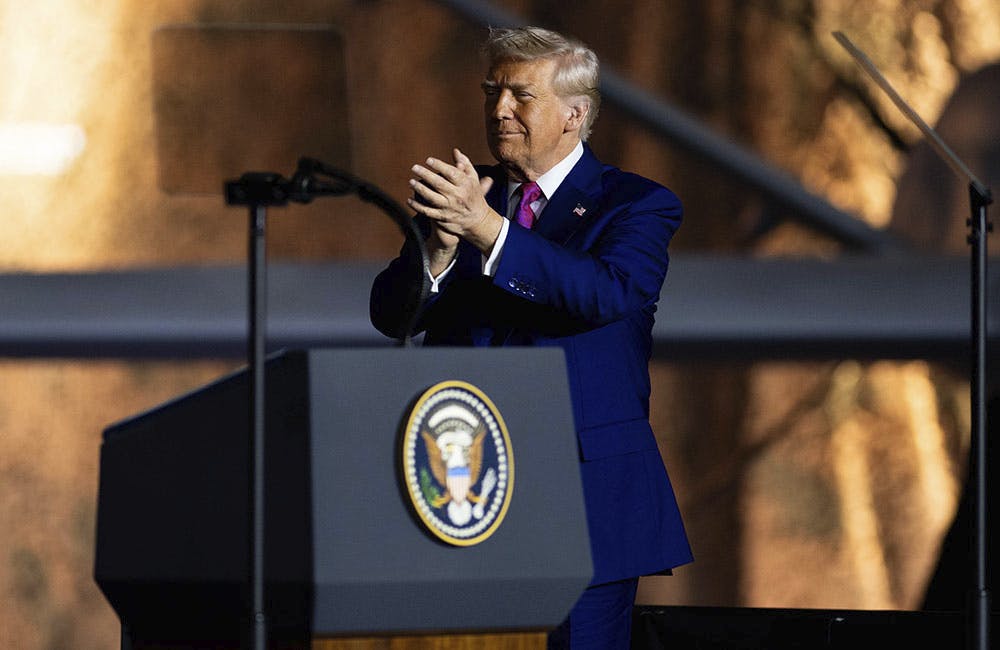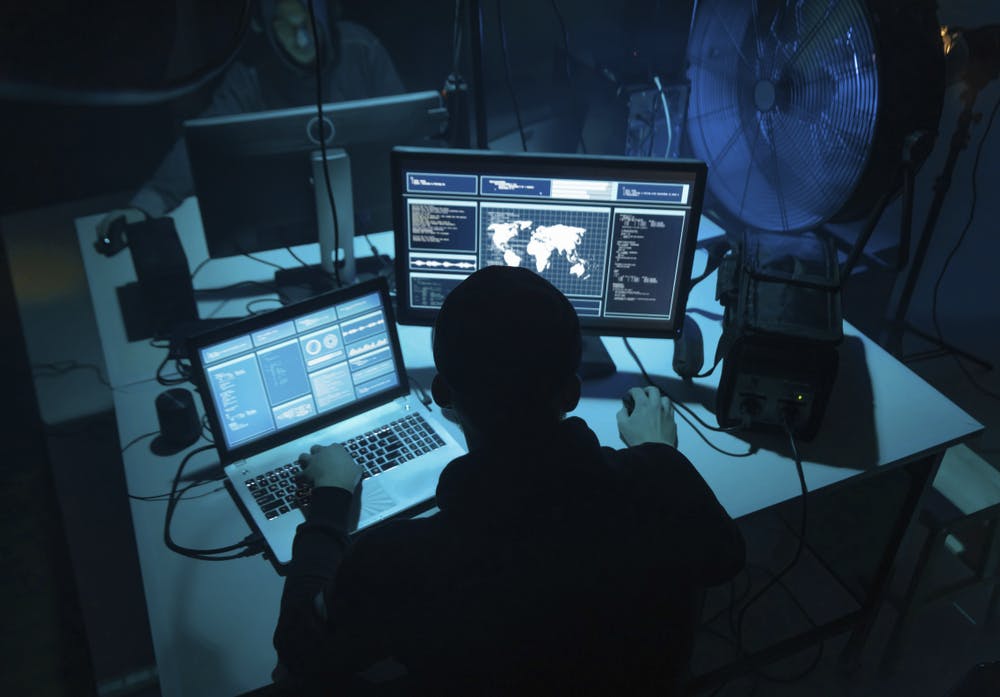Cybercom Cites Partnerships as Key Enabler to Countering China Cyber Threats
Outgoing Cybercom Director Gen. Paul Nakasone testified that partnerships put the U.S. at an advantage to countering growing cyber threats.

Outgoing U.S. Cyber Command Commander and National Security Agency (NSA) Director Gen. Paul Nakasone warned about Chinese cyber actors’ plans to attack U.S. critical infrastructure, but noted that partnerships put the United States at a key advantage.
“One significant contribution in our ability to counter these threats is our relationship with the private sector,” Nakasone said during a Select Committee Hearing on China’s Cyber Threat to U.S. last week that also featured top leaders from CISA, FBI and the White House. “Partnerships with industries have underpinned the U.S. government’s ability to track, detect and mitigate the PRC’s activity against U.S. infrastructure at scale.”
Nakasone said these public-private partnerships outweigh the size of the threat: “They may have 50 to 1. But with our work, with the private sector, the U.S. outnumbers them.”
In his opening statement, Nakasone emphasized that these attacks are an ongoing and persistent threat, saying that the challenge is “unlike any our nation and allies have ever faced.” The potential breaches present a unique challenge and defending against them has become one of NSA’s top priorities.
“There is too little public focus on the fact that PRC hackers are targeting our critical infrastructures,” said Nakasone. “Water treatment plants, the electrical grid, our oil and natural gas pipelines and transportation systems are [at risk] and require our attention now. They are not focused on political or military targets. Today and every day they are actively attacking our economic security with theft of our innovation, personal and corporate data.”
Defending against this activity, Nakasone added, needs to be a top priority using the full scope of authorities and the full spectrum of the capabilities, including maintaining partnerships across the United States government and private industry.
Nakasone confirmed that he believes that if a nation decided to attack critical infrastructure that is above the threshold of war, the U.S. would respond decisively, reiterating his comments from the Aspen Security Forum in 2018.
He also said the renewing Foreign Intelligence Surveillance Act (FISA) and Section 702 is of the utmost importance to keep every American safe. Under FISA section 702, NSA can intercept emails, phone calls and text messages from specific non-Americans overseas, including those routed through U.S. companies or stored on U.S. servers with the assistance of electronic communications service providers, to acquire foreign intelligence information.
“As someone who was at the Pentagon on 9/11, to consider what we would return to the days before section 702 where we could not connect the dots is almost inexplicable to me,” he said.
This is a carousel with manually rotating slides. Use Next and Previous buttons to navigate or jump to a slide with the slide dots
-

The Next AI Wave Requires Stronger Cyber Defenses, Data Management
IT officials warn of new vulnerabilities posed by AI as agencies continue to leverage the tech to boost operational efficiency.
5m read -

Federal CIOs Push for ROI-Focused Modernization to Advance Mission Goals
CIOs focus on return on investment, data governance and application modernization to drive mission outcomes as agencies adopt new tech tools.
4m read -

DOD Can No Longer Assume Superiority in Digital Warfare, Officials Warn
The DOD must make concerted efforts to address cyber vulnerabilities to maintain the tactical edge, military leaders said at HammerCon 2025.
4m read -

Tracking CIOs in Trump's Second Term
Stay informed on the latest shifts in federal technology leadership as new CIOs are appointed and President Trump's second term takes shape.
6m read -

Inside Oak Ridge National Lab’s Pioneer Approach to AI
Energy Department’s Oak Ridge National Lab transforms AI vulnerabilities into strategic opportunities for national defense.
22m listen -

AWS Summit: Innovation Accelerates IT Delivery at DOD
Marine Corps Community Services is tackling outdated IT processes with agile development and cutting-edge cloud security to deliver mission-critical capabilities faster.
12m watch -

AWS Summit: NIST Secures High-Performance Computing Against Evolving Threats
NIST’s Yang Guo reveals the broad attack surface of high-performance computing and explains developing guidance and future-proofing security strategies.
9m watch -

Trump Overhauls Federal Cybersecurity with New Executive Order
The new directive aims to strengthen digital defenses while rolling back "burdensome" software requirements and refocusing AI security.
3m read -

AWS Summit: Forging Successful Cloud Modernization Partnerships
Industry leaders share insights on the critical role industry partnerships have in enabling government agencies to navigate procurement challenges for cloud and zero trust solutions.
24m watch Partner Content -

CISA's CVE Program and Why it Matters for Zero Trust
The vulnerability program provides the cybersecurity community visibility into software as part of a key pillar of CISA's zero trust model.
5m read -

Air Force, Coast Guard Talk Data Security Efforts for AI Development
The services' AI initiatives include efforts like creating clean training data, countering data poisoning and bridging siloed teams.
4m read -

DHS Secretary Urges Congress to Reauthorize CISA 2015
Federal leaders highlight CISA 2015's role in strengthening public-private partnerships and defending against evolving cyber threats.
3m read
















